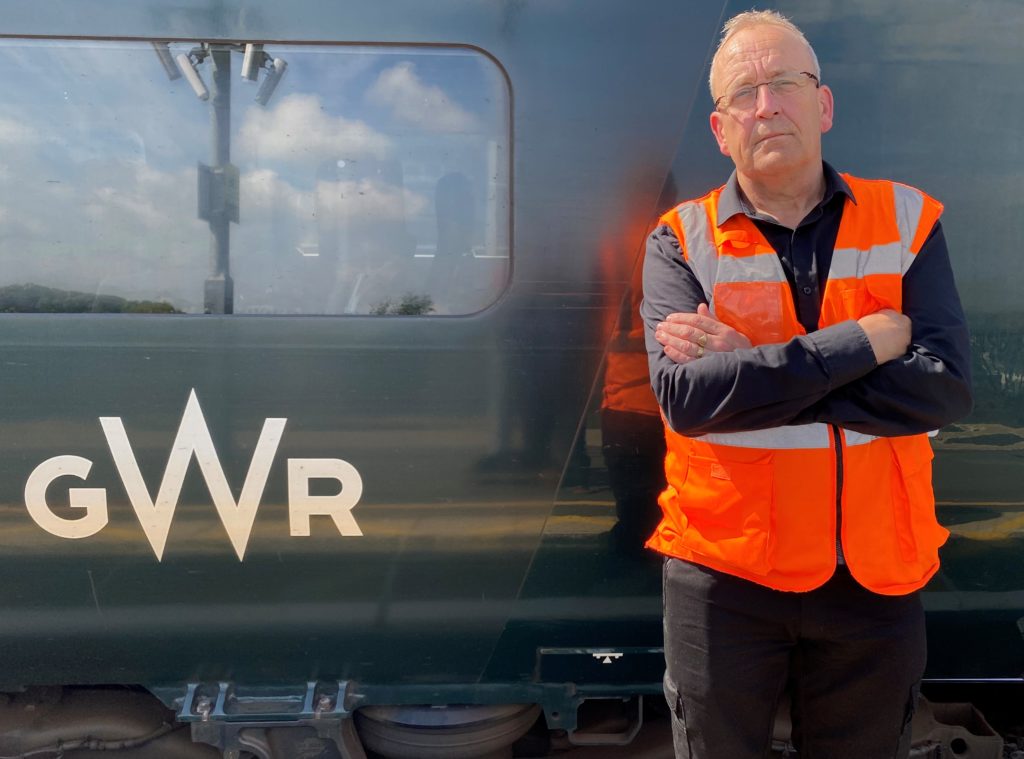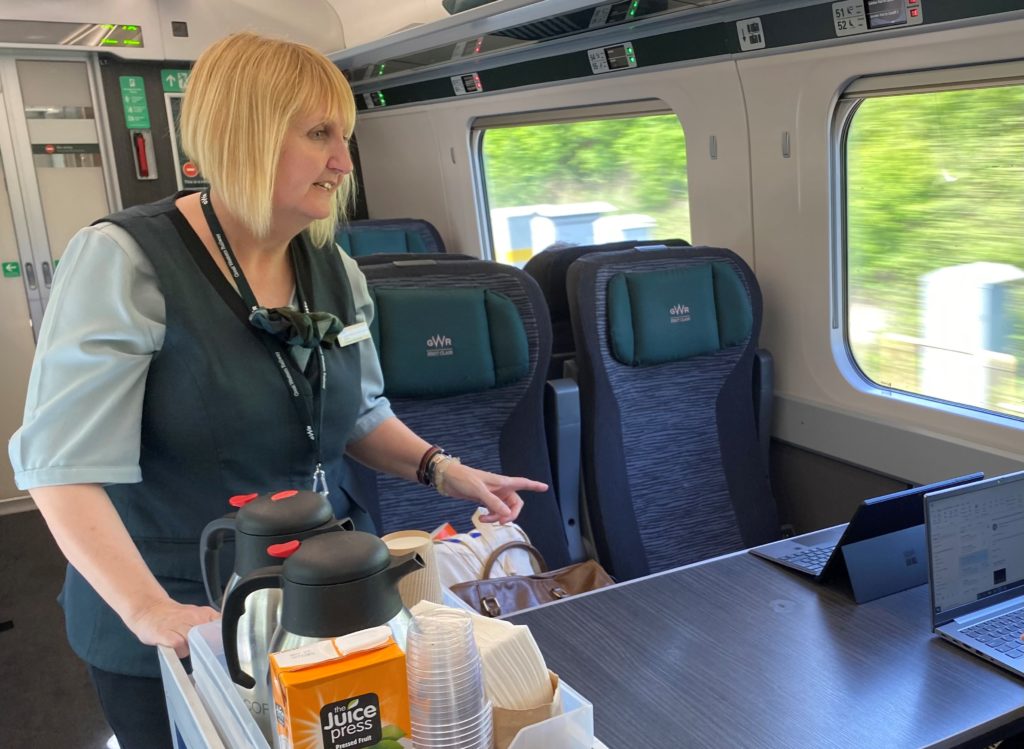Suicide prevention charity Samaritans has been commissioned by train operator Great Western Railway and the Department for Transport to lead a new research study on mental health and wellbeing support for the rail industry, in partnership with Mental Health at Work.
With the impact of two years working in a pandemic, and uncertainty and change on the horizon for the rail industry, the study comes at a crucial time; when support for the sector is needed now more than ever.
The study will provide good practise recommendations for mental health provision, so that the industry can raise awareness for their staff and support those experiencing mental illness. It will aim to highlight existing barriers, as well as encourage a culture shift to destigmatise conversations around mental health.
This Mental Health Awareness Week (9-15 May), the charity is calling on rail staff across the sector to contribute to the study and have their voices heard by taking part in an industry-wide survey, interviews and group discussions.
The short online survey will ask staff about their own experiences, their understanding of available support and their thoughts on improvements in seeking help. Launching in June, rail staff are invited to take part within the next six months, with the final study report being available next year.
Samaritans Research Project Manager, Suzy Ludlow, said: “We’re excited to be delivering this important study to support the mental health and wellbeing of the rail industry, thanks to GWR and DfT’s commitment.
“We know the pandemic has had a huge impact on the rail industry and its staff and this is likely to be felt for some time, so it’s so important and timely that we delve into what support is currently available and see where we can recommend improvements, so that every single person in the industry feels comfortable to be open about their mental health and supported to get the help they need.
“We really want to encourage rail staff from all areas to get involved in the survey – from the frontline to the managing directors – so everyone can have their say. Having worked with the rail industry for over 10 years in suicide prevention, Samaritans knows the traumas that rail staff can face, so we hope this study will make a huge difference to the industry.”
Case studies
Darran Hickery, GWR Depot Engineering Manager Technician, knows the importance of looking after our mental health following his own experience with depression. Darran is a big advocate for inspiring others to be open in the workplace to destigmatise mental health.
Darran said: “I’ve worked in the rail industry for 31 years. When I look back, I was on a downward spiral from the end of 2017, but I didn’t realise it at the time. I was trying to keep up with work and there was so much pressure, but I was putting on a front. One day in April 2018, I’d been in a conference that morning, which hadn’t gone well. I came out of it and went outside and phoned a colleague for a chat and I just burst into tears. I went to see my boss and I said, ‘I’m not alright’. Being a man, and even in 2018, there wasn’t much talk about mental health – thankfully today there is a massive difference and things have moved along.
He added: “I was off work for 17 weeks in total and when I came back, I was open and honest about my experience. When I opened up it was absolutely amazing how many others then shared their experiences. It’s a cliché but I don’t want anyone else to go through what I did. I manage my own mental health now by talking and helping others – sometimes a simple smile and a chat can be enough. We’re all human beings at the end of the day. If we can be a bit more sociable and look out for each other, it will be a better place.”
GWR Lead Customer Host Carol Foster also uses her personal experience to help others at work now that she’s a Mental Health First Aider. Carol said: “My story started in my 20s, before I joined the railway. It started with anxiety – I started having palpitations and panic attacks. I remember calling the doctor the first time it happened thinking I was having a heart attack. I managed to get to a point where I had control of it, but then halfway through our marriage my husband got sick and that’s when things started going even further downhill. He became clinically depressed and his behaviour in turn made me depressed too. There was only so much I could take, and I had terrible thoughts.
Carol added: “Part of what happened has made me who I am now. I think what I’ve been through makes being a Mental Health First Aider better. Having been there, I can empathise better with people because I know what I needed to hear. Being part of the onboard crew, I’m always visible and people see me out and about if they need to chat to me. I do find that helps some people – they just want to offload. ‘A problem shared is a problem halved’ really does make a difference.”
For more information and to get involved in the study, please email the Research Project Manager Suzy Ludlow at [email protected]
When life is difficult, Samaritans are here – day or night, 365 days a year. You can call for free on 116 123, email [email protected], or visit www.samaritans.org
Image credit: Great Western Railway




